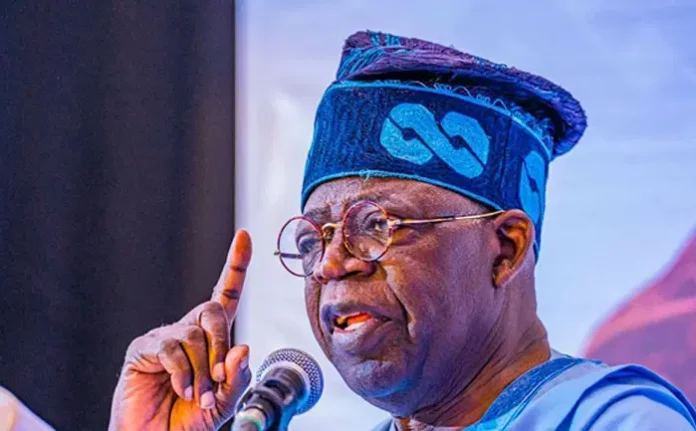The Presidency has issued a public apology over errors found in a recently released list of federal appointments made by President Bola Ahmed Tinubu, which was intended to counter widespread criticism about alleged ethnic imbalance in government positions.
The apology comes after growing backlash on social media and in political circles over claims that President Tinubu has favoured his own ethnic group and region in key appointments, leaving other regions, especially the South East, underrepresented.
In an effort to push back against these claims, the Presidency released a list showing the breakdown of appointments by geo-political zones. However, rather than settle the matter, the list sparked further outrage due to noticeable omissions and inconsistencies — most notably, the absence of the President’s Chief of Staff, Femi Gbajabiamila, who hails from the South West, Tinubu’s home region.
According to the list, President Tinubu has appointed officials across the six geo-political zones as follows:
– South West: 29
– North West: 35
– South-South: 22
– South East: 16
– North Central: 25
– North East: 24
Despite showing that the highest number of appointments came from the North West, critics were quick to point out that the omission of key names, especially from the South West, distorted the real figures. They argued that including names like Gbajabiamila and others would reveal a heavier tilt in favour of Tinubu’s region.
The document was meant to demonstrate a balanced spread of appointments and counter accusations of nepotism. Instead, it further deepened public concern and reignited the debate over Nigeria’s fragile unity and the need for fairness in political representation.
The controversy took a more serious tone after Senator Ali Ndume, a senior member of the ruling All Progressives Congress (APC) and representative of Borno South, openly criticized the President’s appointment style. In a recent interview, Ndume accused President Tinubu of failing to uphold the federal character principle, which is enshrined in Nigeria’s Constitution to ensure equitable distribution of public positions across all regions and ethnic groups.
Ndume said that although he belongs to the same party as the President, he had a duty to speak out against the imbalance he observed.
“I am in APC and I supported the President, but I will not keep quiet when something is going wrong. The appointments are lopsided, and it’s causing discontent, especially in the North and South East,” he said.
His remarks added weight to the criticism already circulating among opposition politicians and concerned citizens, many of whom say the South East, in particular, has been marginalized in Tinubu’s administration.
As the issue dominated public discourse, Sunday Dare, Special Adviser to the President on Media & Public Communication, issued an apology for the errors in the released list. He admitted that the document was not exhaustive and had omitted some key figures due to oversight.
“We sincerely apologise for the mistakes in the list that was made public. It was never intended to mislead or misrepresent the administration’s commitment to equity and inclusion,” Dare said.
He added that a corrected and more comprehensive list would be released in due course, and urged Nigerians to be patient and not judge the President’s intentions based on an incomplete document.
The apology is seen by some analysts as a rare act of humility by the Presidency, but it has done little to silence growing calls for a more balanced approach to appointments going forward.
At the heart of the controversy is the federal character principle, a provision in Nigeria’s Constitution meant to prevent the domination of national affairs by any one region, ethnic group, or religion. This principle was introduced to promote national unity and ensure that every part of the country has a sense of belonging.
However, in practice, successive administrations have struggled to implement it effectively. Critics say Tinubu’s administration is following a trend that has worsened under previous governments, where appointments appear skewed in favour of certain groups.
In a country as diverse as Nigeria, where ethnic and regional identities strongly influence politics, perceived marginalisation can trigger serious tension. The South East, which largely supported opposition parties in the last presidential election, has repeatedly complained of being shut out of top positions in the current administration.
Reactions to the Presidency’s apology have been mixed. While some Nigerians welcomed the apology as a step in the right direction, others dismissed it as “damage control” that does not address the core issue.
While the Presidency has promised to release a more accurate list, the issue of lopsided appointments is unlikely to go away soon. For many Nigerians, especially those from regions that feel neglected, the controversy has only confirmed what they’ve suspected all along — that national unity is often sacrificed on the altar of political loyalty and ethnic favouritism.
Political watchers say President Tinubu, who came into office promising renewed hope and national reconciliation, must now walk the talk by ensuring that all parts of the country feel included in his administration.
As Nigeria continues to face economic challenges, security threats, and rising political tension, many believe that inclusive governance is more important now than ever before.

